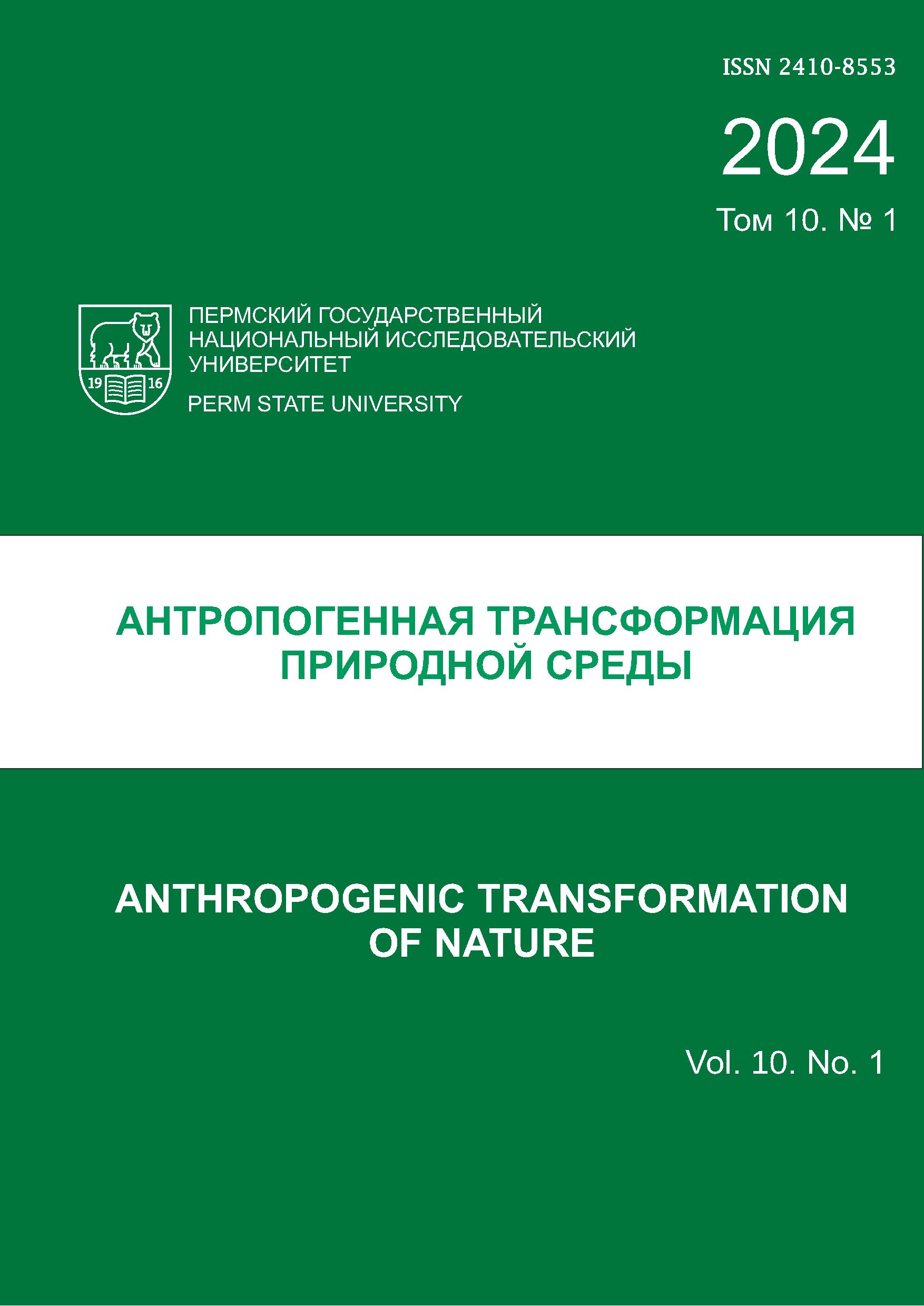Том 10 № 1 (2024): Антропогенная трансформация природной среды

Эффективный менеджмент работает в глобальном масштабе и волнами накатывает на университеты. Вузы теряют самостоятельность, администрация назначается, вместо академических форм взаимодействия вводятся бизнес-процессы, скиллсы, стейки и холдеры, что приводит к размыванию научно-образовательного процесса. Одновременно вводятся индивидуальные образовательные траектории и повышение производительности труда преподавателей, что само по себе свидетельствует, что без искусственного интеллекта здесь не обошлось.В результате успешного внедрения эффективного менеджмента за океаном отсутствие продовольственной безопасности в кампусах вузов широко распространено. При этом более 40% студентов бакалавриата США не в состоянии обеспечить себя приемлемым питанием, в 750 кампусах по всей стране созданы продовольственные кладовые, а в десяти кампусах Калифорнийского университета было обнаружено, что 25% аспирантов и 48% магистрантов недоедали. Наконец, нахватка питания отмечена и для 20% аспирантов Великобритании.Внедрение англо-американской системы бакалавриат-магистратура в России признается неуспешным и термин «бакалавриат» отменяется. Сможет ли РФ вернуться к специалитету или не сможет? Научно-педагогическая общественность требует введения формулы 5+2 для обучения на естественно-научных направлениях. Она будет наилучшей для обучения молодежи и обеспечения кадрами капиталистического хозяйства.В настоящем номере прекрасная оригинальная статья Н.Г. Кадетова и М.А. Шамоновой о проблемах, обусловленных инвазией рейнутрии в экосистемы Московской агломерации. В кратком сообщении В.В. Семенов присоединяется к дискуссии об использовании результатов научных наблюдений на заповедных территориях в капиталистическом хозяйстве. Автор не теряет оптимизма.В разделе об антропогенных изменениях В.С. Артамонова, С.Б. Бортникова приводят оригинальное исследование многолетних хвостохранилищ и насыпных отходов обогащения золотосодержащих руд с выходом на их рекультивацию и ремедиацию.Коллектив авторов под руководством Ю.А. Федорова обобщил современные сведения по влиянию различных природных и антропогенных факторов и процессов на образование, концентрацию и окисление метана в воде и донных отложениях.Завершают номер работы двух тандемов, состоящих из опытного и начинающего исследователя. Так, Д.О. Егорова и Е.В. Ташкинов провели успешные опыты по ремедиации нефтезагрязненных почв. Подробный анализ отчетной документации по озоноразрушающим веществам от предприятий России был подготовлен Н.Л. Рачёвой и М.С. Беленко.Сочетание опытных и молодых авторов делает изучение всего номера журнала и занимательным, и познавательным.
Опубликован:
2024-06-28
